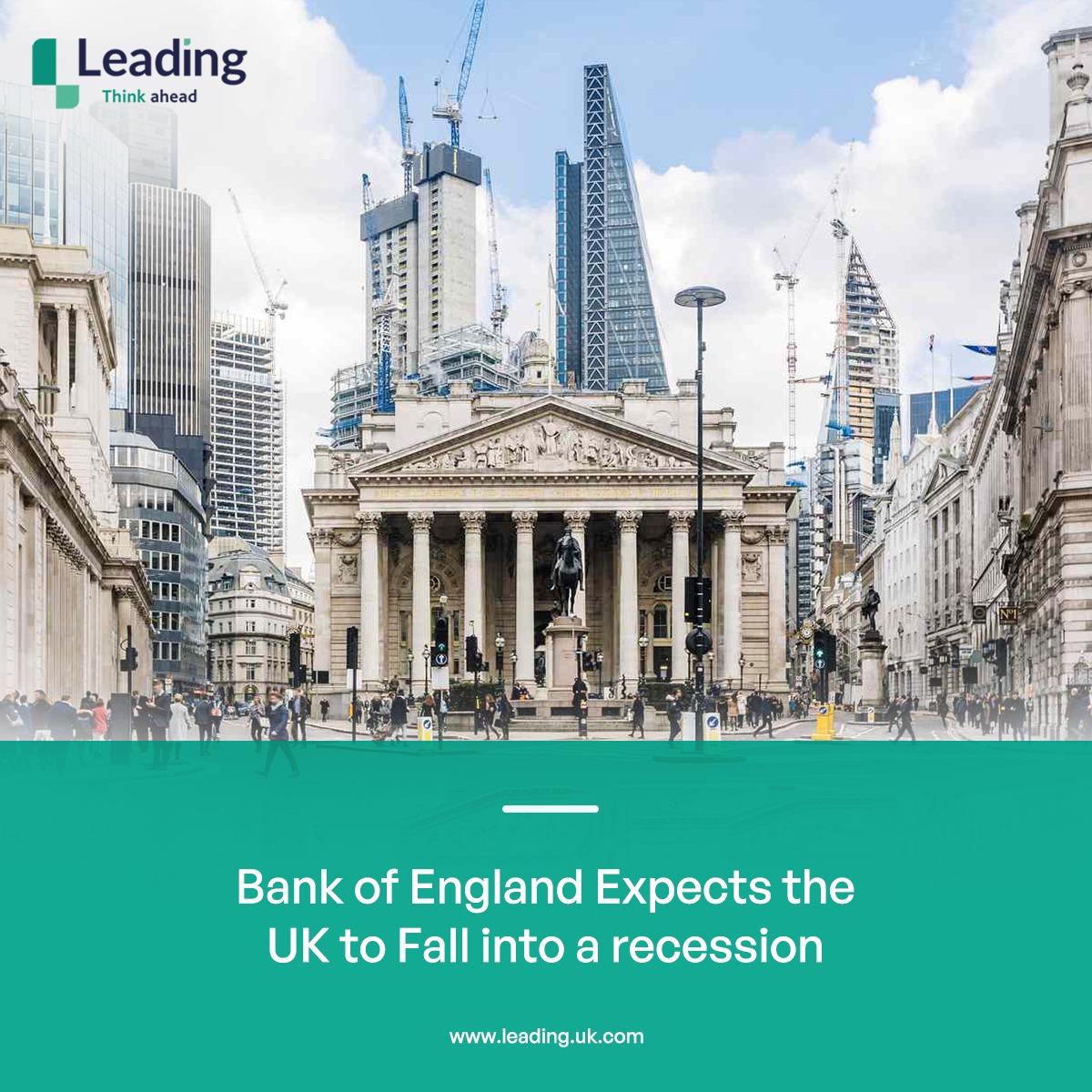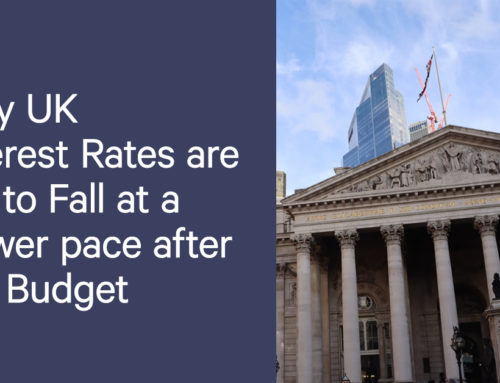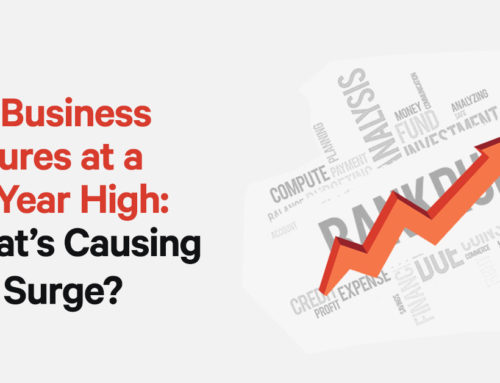It was announced by the Bank of England recently that the UK may well be facing the longest recession it has ever witnessed. Thanks to the recent economic downturn that the country has seen, it is expected to enter into a recession that could well extend all the way into 2024.
Unemployment is expected to double and reach a percentage of 6.5% during this two-year slump. The central bank has remained quite closed on the subject but does not hold back when describing the outlook for Britain’s economy as “very challenging”.
The Decline of the GDP
There has been a dip in the value of the pound throughout the second half of the year, as it has dropped 0.75% throughout the past few months. This is a clear reflection of the tough economic situation that the country currently finds itself in. Not only that but thanks to the increase in energy costs and increase in the cost of living, a lot of households and businesses find themselves in a tough economic situation.
The Bank of England commented on the situation, saying that they believe growth will likely continue to fall throughout 2023 and during the first half of 2024. They added, “high energy prices and tighter financial conditions weigh in on spending”.
During a Monetary Policy Committee meeting recently, it was confirmed that the recession that the UK is expected to enter will not likely be the deepest but will be the longest ever since records began back in the 1920s. It was initially predicted in August that the recession would end in late 2023, but this has been extended to the beginning of 2024 as the value of the pound has continued to drop recently.
The Rate Hike of 0.75%
These predictions are coming in following the Bank of England raising the interest rates to benchmark all the way to 75 base points, which is the largest increase it has ever seen since 1989. The MPC had a majority vote over the decision as 7 – 2 people agreed to raise the rate, bringing the baseline borrowing costs from 2.25% to 3%.
This is a reflection of the Bank of England’s constant efforts to try and make it so that they are able to tame the rate of inflation which is present within the UK. The rise is a reflection of the rate of inflation hitting a 40-year high in September as it came to 10.1%.
Andrew Bailey, the governor, commented on the increased rate of inflation recently, saying, “we have inflation coming back down to target, and going below target actually. But we have one of the largest upside risks to inflation in our forecast that we’ve had in the 25-year history of the MPC”. He continued by confirming that a large amount of this is to do with the tight-knit nature of the UK labour market. There was a reduction in the UK labour force before covid and this has had a large impact.
Reactions to the Financial Fallout of the UK
The bank was originally forced to intervene when Liz Truss was announced as the prime minister and put forward her controversial mini-budget. The announcement of this budget plunged the country into economic chaos, and as such, the bank needed to get involved.
Liz Truss’s run in government was short-lived as controversy seemed to follow her around wherever she went, eventually prompting a resignation after a very short period of time. The current Prime Minister of the UK, Rishi Sunak, as well as his Finance Minister, Jeremy Hunt, have proposed multiple tax cuts and fiscal monetary policies that have created a bit more ease in the UK government and are no longer pulling each other in opposite directions.
Governor Bailey commented on this again, saying that he believes that particular issue has been dealt with. That being said, the non-bank finance world will have a lot of scrutiny of how things have been handled and where they might go from here.
How Might a Recession Affect Businesses?
There are a number of different ways that a recession could impact different businesses. It has already been a difficult period for businesses across the country. There have been a record number of insolvencies in the past year or so following government support throughout covid ending. Not only that but thanks to the cost of living and the energy prices going up, businesses have been finding it a lot harder to continue working as they normally would.
A recession wouldn’t help this because as the country struggles economically, it becomes harder for organisations to make the same number of sales that they usually would. As such, organisations are going to need to try and cut costs accordingly so that they can make up for this potential reduction in sales. Not only that, but other businesses are going to be less likely to invest in new products during a recession, and employees may be made redundant too. If worst comes to worst and businesses become insolvent, they will need to either have a reshuffle or close down operations entirely.
Does Your Business Need Help with Finances?
During these periods of economic uncertainty, there are a lot of organisations that need assistance with their finances. If your organisation is one of these, then keep in mind that there is plenty of assistance out there.
At Leading UK, we have a team of experts on hand who will be able to look at your organisation’s financial position and the current economic climate to work out how best you should proceed. If you want further information or have questions about how else Leading UK can help, you should get in touch.






